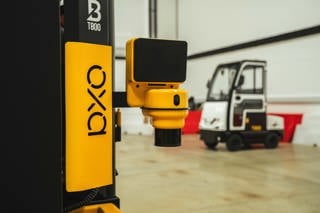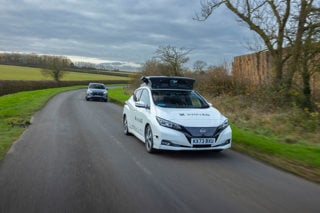ABI and Thatcham Research are calling for new legislation to provide data to insurers from crashed autonomous cars.
The data is crucial to determining where liability rests in the event of an accident with an autonomous vehicle.
Peter Shaw, chief executive at Thatcham Research, said: “Future legislation needs to protect the consumer so that in the event of an accident, responsibility and who pays can be quickly determined.
“Was it driver error or a failure of the automated driving system? This can only happen if their insurer has access to key data about the crash. We would like to see car manufacturers and legislators working together with the insurance industry to develop a framework to make this happen.”
British insurers are leading efforts to have a standard set of data agreed at an international level which would be easily accessible in the event of an accident involving a highly automated vehicle. This would include an indication of whether the vehicle was operating autonomously or not, and what technology was in use.
On occasions where faulty technology was shown to have caused an accident insurers should be able to recover the costs from the manufacturer the ABI says, helping keep insurance premiums down.
The information insurers want to see universally collected only concerns the autonomous systems and driver interaction – it is not proposed that any information measuring driver performance should be gathered.
The UN body responsible for vehicle regulations is preparing to impose its own data requirements on motor manufacturers from 2019, which insurers in the UK are hoping to influence for the benefit of motorists.
Huw Evans, ABI Director General, added: “As part of insurers’ commitment to getting automated cars on the road and dramatically improving road safety, there will need to be basic data easily available to make sure customers are looked after if something goes wrong. This would offer public reassurance by protecting motorists from being incorrectly blamed if something fails with their car, helping police investigations and supporting prompt insurance pay outs.”



















Login to comment
Comments
No comments have been made yet.